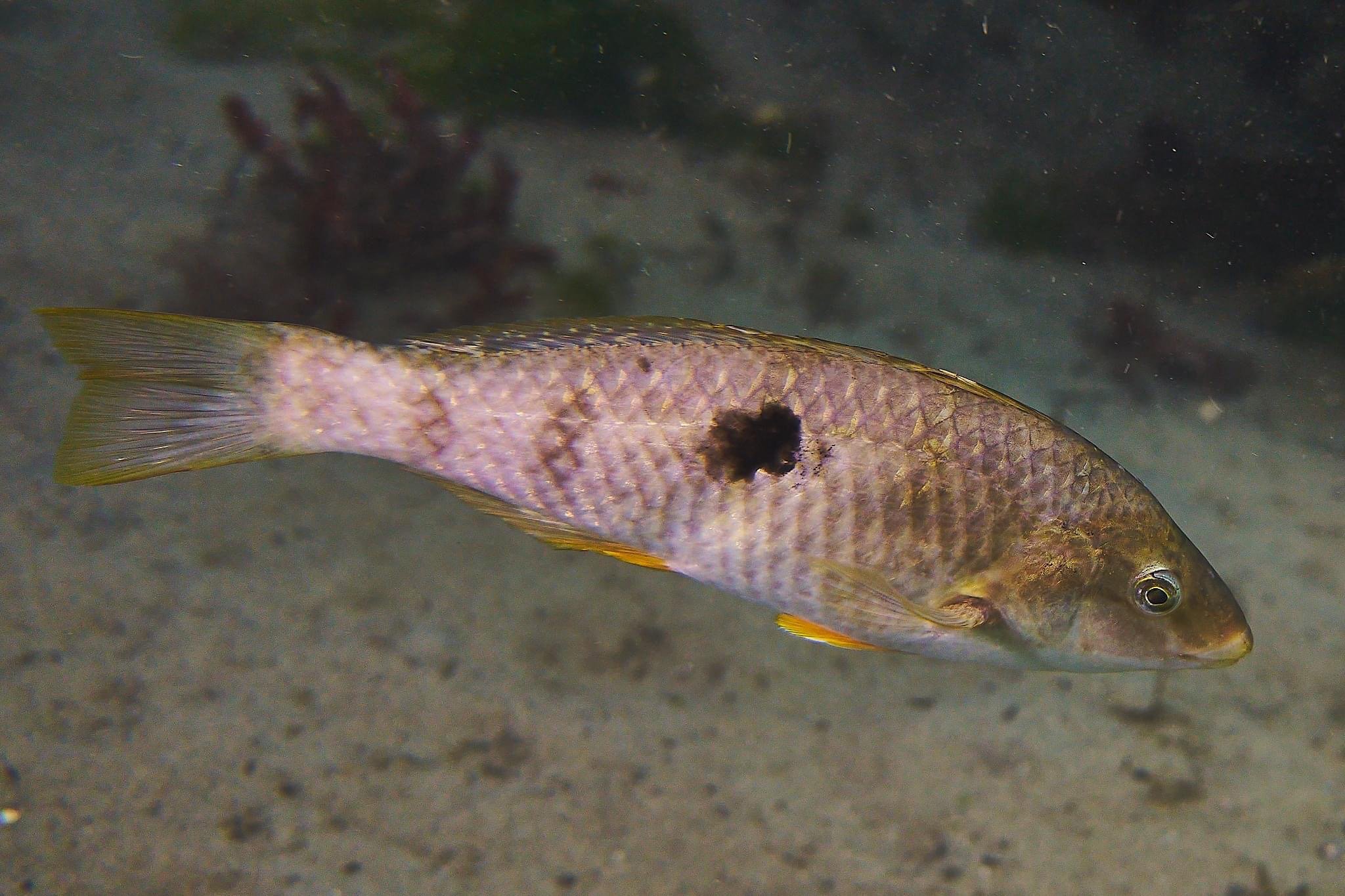This might sound like another fishy tale, but a new University of Otago study examined the New Zealand spotty (paketi) — a fish that can change from female to male during adulthood, in response to a change in social hierarchy — and the researchers believe the discovery has broader implications for understanding social dynamics in other species. Even humans.
Lead author and University of Otago anatomy PhD student Haylee Quertermous said scientists knew the fish could change sex, but previously, they were not sure how the process started.
Her research found the sex change process began almost immediately when a dominant spotty was removed from a group.
Although the full sex change process took weeks, it only took minutes for a second-ranked fish to take advantage of the power vacuum and assert dominant behaviours, she said.
"The aggressive behaviours (called ‘rushes’), involved the dominant fish swimming rapidly towards subordinate individuals.

"These aggressive behaviours are usually accompanied by the subordinate quickly swimming away (escaping) from the dominant fish."
She was surprised by just how rapid the change could be.
"In many of the tanks, second-ranked fish increased their aggression within just a few minutes after removal of the dominant fish."
The researchers sought to determine which fish in the hierarchy were more likely to change sex when the opportunity arose.
Results showed dominant, larger fish were more likely to change sex, and when social hierarchies were disrupted, less dominant fish could quickly change their behaviour to seize new opportunities, she said.

Otago neurobiologist Dr Kaj Kamstra said fish that attained dominant positions showed significant differences in this network, compared to fish of all other ranks.
He said the findings provided valuable insights into the complex interplay between social behaviour and neural processes in these fish.
"They also highlight the importance of social context in shaping individual behaviour, shedding light on the evolution of social behaviour and the flexibility of brain mechanisms in adapting to changing social environments.
"The research has broader implications for understanding social dynamics in other species — even humans."
He said the findings could be applied to other species of sex-changing fish where social dominance appeared to be the most common trigger for sex change, and could prove beneficial for aquaculture and open water fisheries.
It would be particularly beneficial for many of New Zealand’s commercial fisheries which were dependent on fish that changed sex, such as New Zealand’s blue cod, he said.













